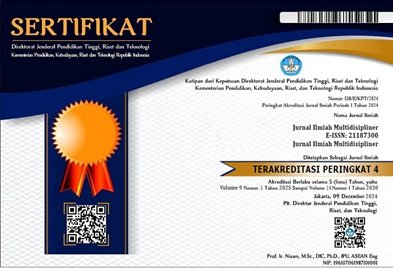APPLICATION OF PARTICIPATORY ERGONOMICS TO REMIND WELL-BEING TRADITIONAL FABRIC WEAVERS IN BADUY
Kata Kunci:
Baduy, Ergonomy, Traditional, ParticipatoryAbstrak
Traditional Baduy cloth weavers play a crucial role in maintaining local culture and traditions. However, their unergonomic workplace often leads to physical and health problems. The purpose of this study is to improve the health of traditional Baduy fabric weavers by applying the idea of participatory ergonomics, which involves weavers directly in the process of finding ergonomic problems and making appropriate solutions. To investigate traditional fabric weavers, direct observation, in-depth interviews, and directed group discussions are used. Furthermore, the data obtained was analyzed to identify components that contribute to health and wellness problems. Based on the results of the analysis, various ergonomic solutions are designed and implemented. This is by changing/adjusting the working position, and providing instructions on how to work safely and efficiently. As a result, the risk at level 5 (high) can be lowered to level 3 (low). Research on the application of participatory ergonomics is expected to significantly improve the health of Baduy traditional fabric weavers. This study emphasizes the importance of a participatory approach in creating ergonomic solutions that suit local needs and conditions. It also shows that this method can be applied to other traditional communities to improve cultural well-being and sustainability.





